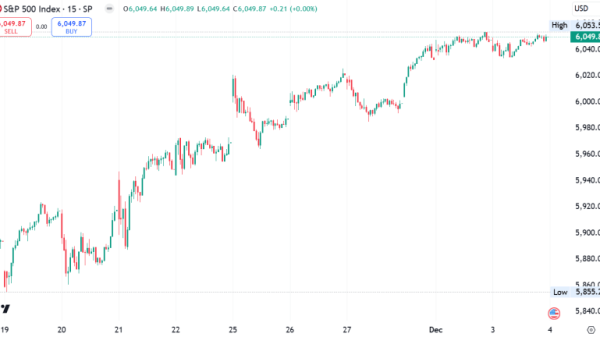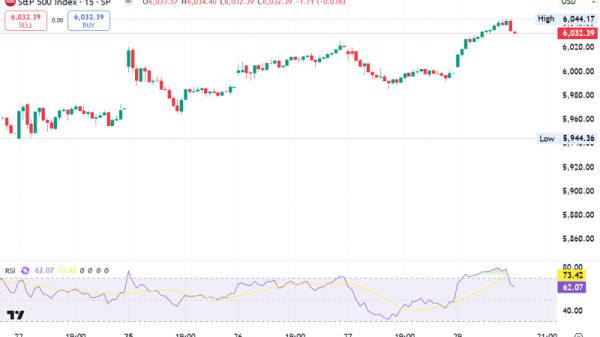By Howard Schneider
WASHINGTON (Reuters) – Republican presidential candidate and former President Donald Trump’s end-of-campaign arguments to voters choosing between him and Democrat Kamala Harris have focused on an old standby in U.S. politics: Asking voters whether they are better off now than they were four years ago.
He may want to check his dates. In 2020, the last year of Trump’s presidency, U.S. life expectancy fell by 1.8 years because of the COVID-19 pandemic, according to a National Center for Health Statistics review of the year, and more than 350,000 people died from the virus, which made it the third-leading cause of death.
The U.S. economy experienced one of its worst-ever quarters, when gross domestic product plunged at a 28% annual rate from April through June. Despite a startling rebound in the three months that followed – largely the result of federal deficit spending on benefits approved by both parties to keep households afloat through the health crisis – the U.S. economy was smaller in the final full quarter of Trump’s term – the fourth quarter of 2020 – than it was at the end of 2019.
To be fairer to himself, Trump might want to dial the calendar back a year to 2019, but even then the record is mixed. If one thing stands out about now versus then it is how similar many aspects of the economy look, a testament, many economists feel, to the success of the largely bipartisan effort to keep a health catastrophe from becoming an economic one.
THE TALE OF THE TAPE: GDP
Data released on Wednesday showed the economy continues to grow above trend and close to the 3% rate Trump in his first term set as a barometer of success.
After adjusting for inflation the economy overall is 11.5% larger now than it was at the end of 2019, when output under Trump reached its peak. Growth rates were comparable: From the third quarter of 2023 to the third quarter of this year, inflation-adjusted output rose 2.66%; in the comparable pre-COVID quarters, comparing the third quarter of 2019 to the third quarter of 2018, the economy expanded 2.8%.
INFLATION
For many Americans, the outbreak of inflation from 2021 through last year was something they had never experienced. At its peak prices were rising faster than at any point since the 1980s, an era when economic malaise undercut the reelection campaign of Democratic President Jimmy Carter.
High prices have been a centerpiece of Trump’s campaign, and one which Harris has had trouble rebutting even as inflation itself has declined. The fact that “disinflation” has occurred without the usual blow to economic output and employment is seen by policymakers as a historic victory, but seems to have registered only weakly, if at all, with households.
INCOMES
Another point that has registered weakly among U.S. consumers is that incomes on the whole have kept pace with all that inflation. Economic surveys have consistently found that this doesn’t really matter when it comes to attitudes about the economy: High prices are high prices, and if food costs 10% more consumers don’t really care if their wages went up enough to cover it and then some.
Nor do averages capture every household’s experience.
Still, while the bumps along the way were dramatic as federal spending boosted incomes for a while then rising prices cut into purchasing power, inflation-adjusted income per person was about 10% higher as of the third quarter of this year than it was in the third quarter of 2019.
UNEMPLOYMENT
Perhaps no economic statistic shows the U.S. success in skirting the worst economic impacts from the pandemic more than the unemployment rate.
As Federal Reserve officials have noted, the labor market was strong under Trump before the pandemic. It snapped back afterwards under Biden as well.
Ignoring the sharp up and downs of the pandemic years, the unemployment rate was slightly lower on average from 2022 through this year than it was from 2017 through 2019.
WEALTH
Not every American invests in the stock market and not everyone owns a home.
But for those that do the post-COVID years under Biden have added steadily to household net worth.
THE MISERY INDEX
Combining the unemployment rate and the rate of inflation into a thumbnail description of economic trouble has been used by politicians as a way to pummel their opponents, particularly during times of high inflation. With the decline in inflation, it is back to roughly where it was during much of Trump’s pre-COVID time in office.




































